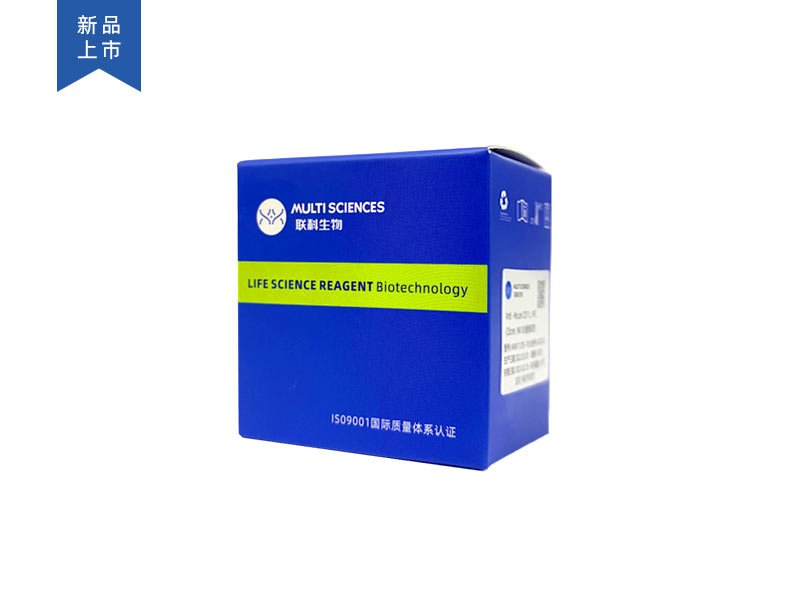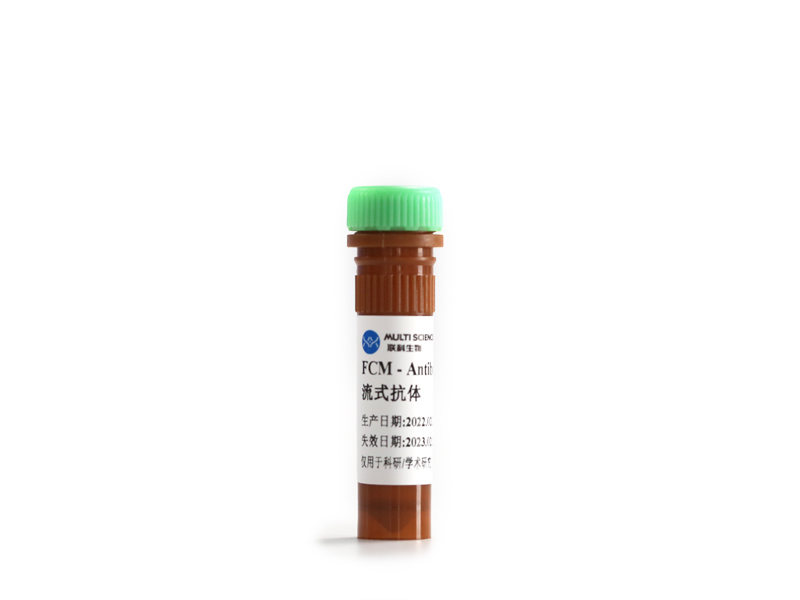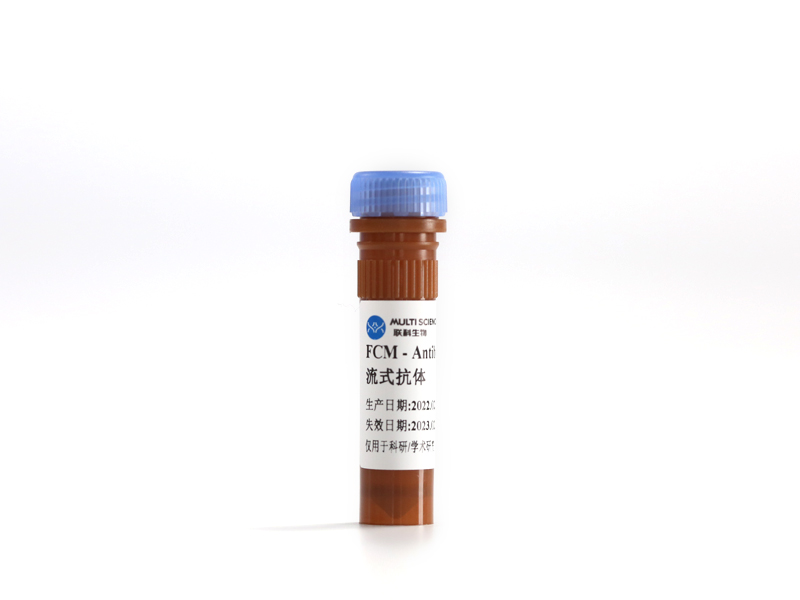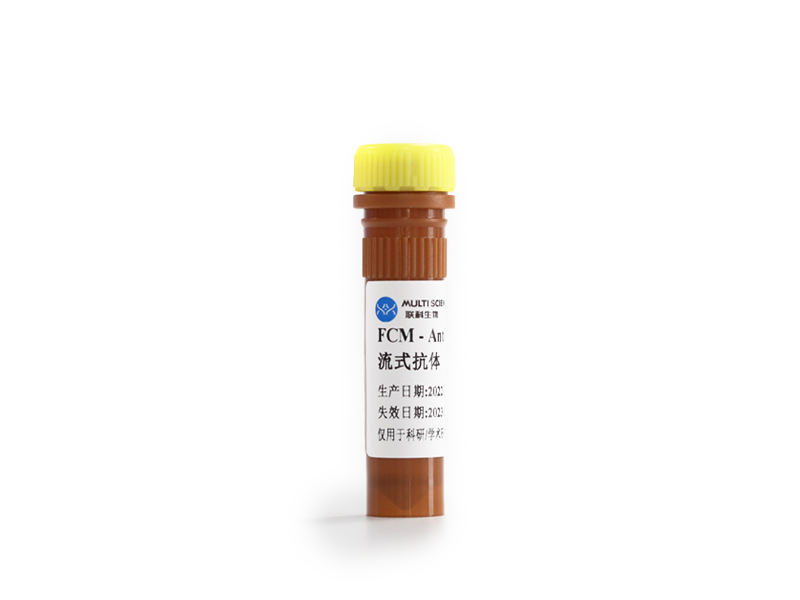Short-chain chlorinated paraffins (SCCPs, C10-13) were listed as persistent organic pollutants (POPs) by the Stockholm Convention in 2017 and pose extensive exposure risks to humans. To our knowledge, there have been no studies reporting the immmunomodulatory effects of SCCPs until now. C9-CPs have also been shown to be present in the environment. In this study, adult male C57BL/6 mice were exposed to 1, 10, or 100 mg/kg/d C9-13-CPs by gavage for 28 d. The results showed that compared to those of the controls, exposure to C9-13-CPs led to increased spleen weight, delimited germinal centers, enhanced energy metabolism, and elevated glutathione content, but no variation in the malonaldehyde level in the spleen was observed. Exposure to C9-13-CPs also increased the populations of splenic lymphocytes, T lymphocytes, NK cells, and the ratio of the CD3+/CD19+ subsets and CD4+/CD8+ subsets compared to those of the controls. RNA-seq revealed 424 differentially expressed genes (DEGs) (fold change ≥ 1.5, FDR < 0.05) in the spleen between the control group and the 100 mg/kg/d C9-13-CPs-treated group. KEGG analysis demonstrated that folate biosynthesis, pathways in cancer and thyroid hormone signaling were the three most significantly enriched pathways, and despite not reaching statistical significance, some immune-related pathways were also enriched in the KEGG functional enrichment analysis, including the chemokine signaling pathway (FDR < 0.0584), the NF-κB signaling pathway (FDR < 0.0663), Th17 cell differentiation (FDR < 0.0839), and the Jak-STAT signaling pathway. Moreover, compared to those of the controls, exposure to C9-13-CPs enhanced the Concanavalin A (Con A)-stimulated cultured splenocyte proliferation, while the exposure showed no effect on the splenocyte proliferation that was stimulated by lipopolysaccharides (LPS). Taken together, these results demonstrated that subacute exposure to C9-13-CPs could have immunomodulatory effects in mice. The present study helps to provide an understanding of the comprehensive health risks posed by C9-13-CPs.
文章引用产品列表
-
- F2101901
- 流式抗体
Anti-Mouse CD19, FITC (Clone:1D3) 流式抗体 (新品)
- ¥720.00 – ¥1,584.00
-
- F21003A03 6 Citations
- 流式抗体
Anti-Mouse CD3ε, APC (Clone:17A2)流式抗体 (新品)
- ¥288.00 – ¥616.00
-
- F2100303 6 Citations
- 流式抗体
Anti-Mouse CD3ε, APC (Clone:145-2C11)流式抗体 (新品)
- ¥424.00 – ¥928.00
-
- F2100401 34 Citations
- 流式抗体
Anti-Mouse CD4, FITC (Clone:GK1.5)流式抗体 (新品)
- ¥208.00 – ¥440.00
-
- F2100804 9 Citations
- 流式抗体
Anti-Mouse CD8α, PerCP-Cy5.5 (Clone:53-6.7) 流式抗体 (新品)
- ¥1,000.00 – ¥2,200.00
-
- F21008A04 10 Citations
- 流式抗体
Anti-Mouse CD8α, PerCP-Cy5.5 (Clone:2.43) 流式抗体 (新品)
- ¥600.00 – ¥1,320.00
-
- EK282 1454 Citations
- FEATURED ELISA KIT, ELISA试剂盒
Mouse TNF-a ELISA Kit检测试剂盒(酶联免疫吸附法)
- ¥1,600.00 – ¥10,800.00
-
- EK282HS 1241 Citations
- 高敏试剂盒
Mouse TNF-α High Sensitivity ELISA Kit检测试剂盒(酶联免疫吸附法)
- ¥2,000.00 – ¥3,400.00
-
- EK212HS 92 Citations
- 高敏试剂盒
Mouse IL-12p70 High Sensitivity ELISA Kit检测试剂盒(酶联免疫吸附法)
- ¥2,000.00 – ¥3,400.00
-
- EK212 108 Citations
- ELISA试剂盒
Mouse IL-12p70 ELISA Kit检测试剂盒(酶联免疫吸附法)
- ¥1,600.00 – ¥2,650.00







